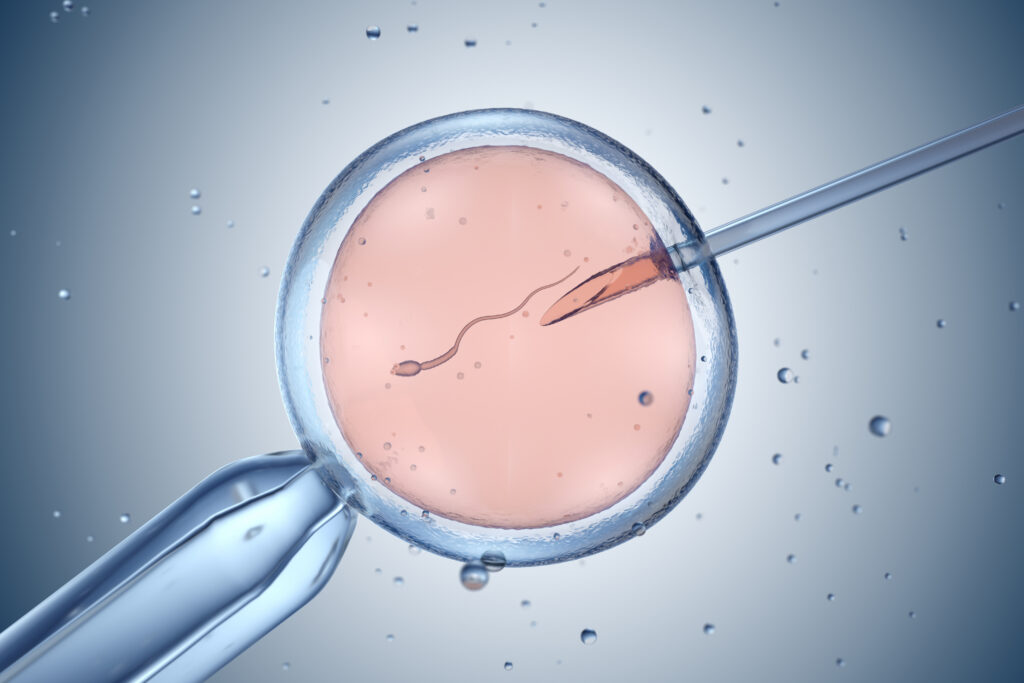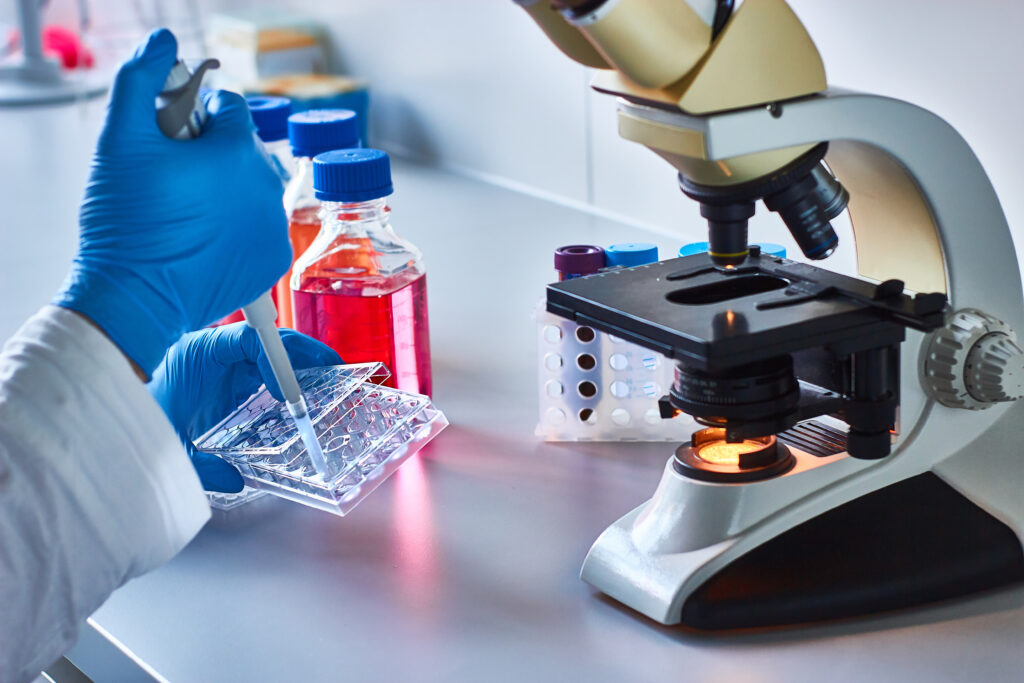Gene Editing: Charlotte Lozier Institute Articles and Op-Eds
The following are selected articles authored or co-authored by Charlotte Lozier Institute staff on issues involving gene editing.
“3-Parent Embryos” and “Gene-Edited Babies”: A Visual Aid
David Prentice, Ph.D. | June 26, 2015.
Dr. David A. Prentice, Ph.D. of the Charlotte Lozier Institute has created a series of visual primers describing the various techniques for genetic manipulation of human embryos. The diagrams illustrate the methods of Ooplasm Transfer, Maternal Spindle Transfer, Pro-Nuclear Transfer, Embryo Cell Nuclear Transfer, Mitochondria DNA Genetic Modification, and Nuclear DNA Genetic Modification. While proponents all claim that these genetic modifications are for treating disease, they are, in fact, all aimed at creating new, genetically-modified children whom they hope will not have disease. These proposals also all involve “germline” or “inheritable” genetic modification, i.e., the genetic changes will affect not only the individual, but can be passed down to future generations.
Modest but Meaningful Protection from Human Embryo Genetic Manipulation
David A. Prentice, Ph.D. | December 17, 2015
The genetic manipulation of human embryos is not on the horizon of science, it’s here. Rushing headlong into the laboratory-manufacturing of human beings without thoughtful consideration of safety, ethics, alternatives, and public dialogue would be a dangerous path for humanity. Fortunately, Congress has called for a “pause” to allow time and space for this consideration through a provision, authored by Rep. Robert Aderholt (R-AL), in the 2015-2016 Omnibus funding bill. The language effectively blocks the Food and Drug Administration (FDA) from approving research involving the genetic manipulation of human embryos. Federal funding for research which creates and destroys human embryos is already prohibited by the Dickey-Wicker Amendment (1996); the language of the Aderholt amendment now prohibits the FDA from approving the creation or use of genetically-manipulated embryos in a clinical setting. Neither of these provisions hinders genetic therapies or trials for born individuals, allowing necessary research for authentic treatment to continue unabated.
Let Congress Know to Take it Slow on Human Gene Editing
Rep. Michael Burgess, M.D. and David A. Prentice, Ph.D. | December 28, 2016
Genetic engineering experiments on human embryos have been attempted in laboratories in China and the U.K. and one three-parent baby has been born in Mexico while others are gestating now. Genetic engineering of embryos supposedly would be done to “prevent” an individual from carrying a genetic mutation, but in reality, these experiments treat no one and instead create new genetically manipulated human beings with hopes that they are free of disease. The genetic changes also affect not just the manipulated individual, but the mutations could be passed down through the germline to future generations with unknown implications for everyone. With protective language approved by Congress, the FDA is prohibited from approving genetic experiments on human embryos, though there is no hindrance given to genetic therapies or clinical trials for born individuals, which have had some success. It is important that thoughtful consideration be given to the applications of genetic editing, the potential benefits as well as the negatives, how this might be applied and who might be the research subjects. It is critical that Congress hears from issue experts and stakeholders when forming policy, and for policy about human genetics and the future of the human race, we’re all stakeholders.
Nature Journal on Embryo Gene Manipulation: “It’s Time to Give Patients a Voice”
Genevieve Plaster, M.A. | February 29, 2016
The recently discovered gene editing technique, CRISPR–Cas9, allows scientists to “cut and paste” DNA at a specific site with more precision than ever before. As debate continues over this technology’s use – not for its potential therapeutic use on born individuals with severe diseases but for its use on human embryos – Nature journal published an article which gives voice to important personal and societal concerns which must be considered. In “Should you edit your child’s genes?” author Erika Check Hayden takes a refreshingly humane approach to this issue by asking people with disabilities what they think of the real-life prospect of “editing out” genes responsible for a disability before a person is even born. The article also considers the lack of consent of the young life being editing as well as the consent of his or her future children who will be affected. Lastly, it considers the impact of this technology on persons with disabilities, their happiness, as well as society as a whole if these disabilities and persons are erased.
CLI Scientists Respond to Letter on Genetically Modified Children: Not Enough
Charlotte Lozier Institute | March 14, 2019
Yesterday 18 scientists representing seven countries published a letter calling for a “global moratorium on all clinical uses of human germline editing — that is, changing heritable DNA (in sperm, eggs or embryos) to make genetically modified children.” Charlotte Lozier Institute (CLI), the research and education arm of Susan B. Anthony List, released the following statement in response: “This proposal for a temporary moratorium on implanting and gestating gene-edited embryos is disappointingly short-sighted. Scientifically unsound and ethically problematic experiments on human embryos, including creating gene-edited embryos in the lab and then destroying them, would still be allowed and even encouraged. We call instead for the full prohibition of gene-editing experiments on embryos or germ cells – not just a speed bump. Germline editing, with immediate plans for research and future plans for clinical trials in pregnancy once the technique is optimized and ‘long-term biological consequences are sufficiently understood,’ clearly remains the goal. How far will we have to go to sufficiently understand those consequences, and at what cost to the children experimented upon? What will happen to them when the experiments fail? A real moratorium is needed to protect vulnerable human beings.
Designing Babies: Science, Ethics, and Policies of a Post-Genomic Era
Tara Sander Lee, Ph.D. | July 20, 2020
At the Center for Bioethics and Human Dignity annual summer conference “Bioethics in Real Life,” Dr. David Prentice and Dr. Tara Sander Lee presented a workshop entitled Designing Babies: Science, Ethics, and Policies of a Post-Genomic Era. Scientific advancements in the fields of genetics, molecular diagnosis, and genetic engineering were introduced so that participants could better understand the benefits, risks, limitations, policies, and potential impact on society. The ethics were carefully evaluated and discussed, especially given that these practices can rely upon the use and manipulation of human embryos without giving proper respect and dignity for the sanctity of human life from day 1 of fertilization.























